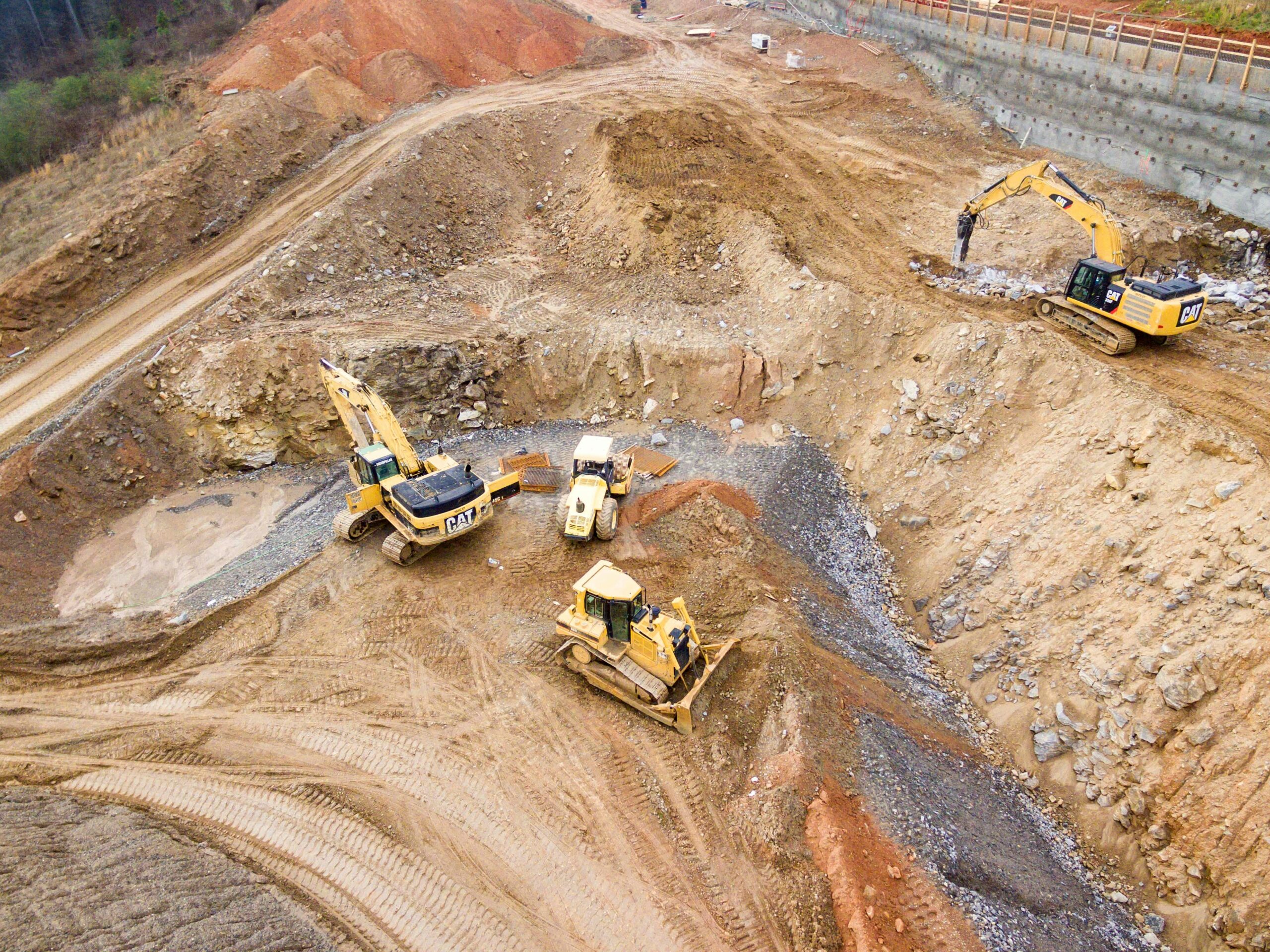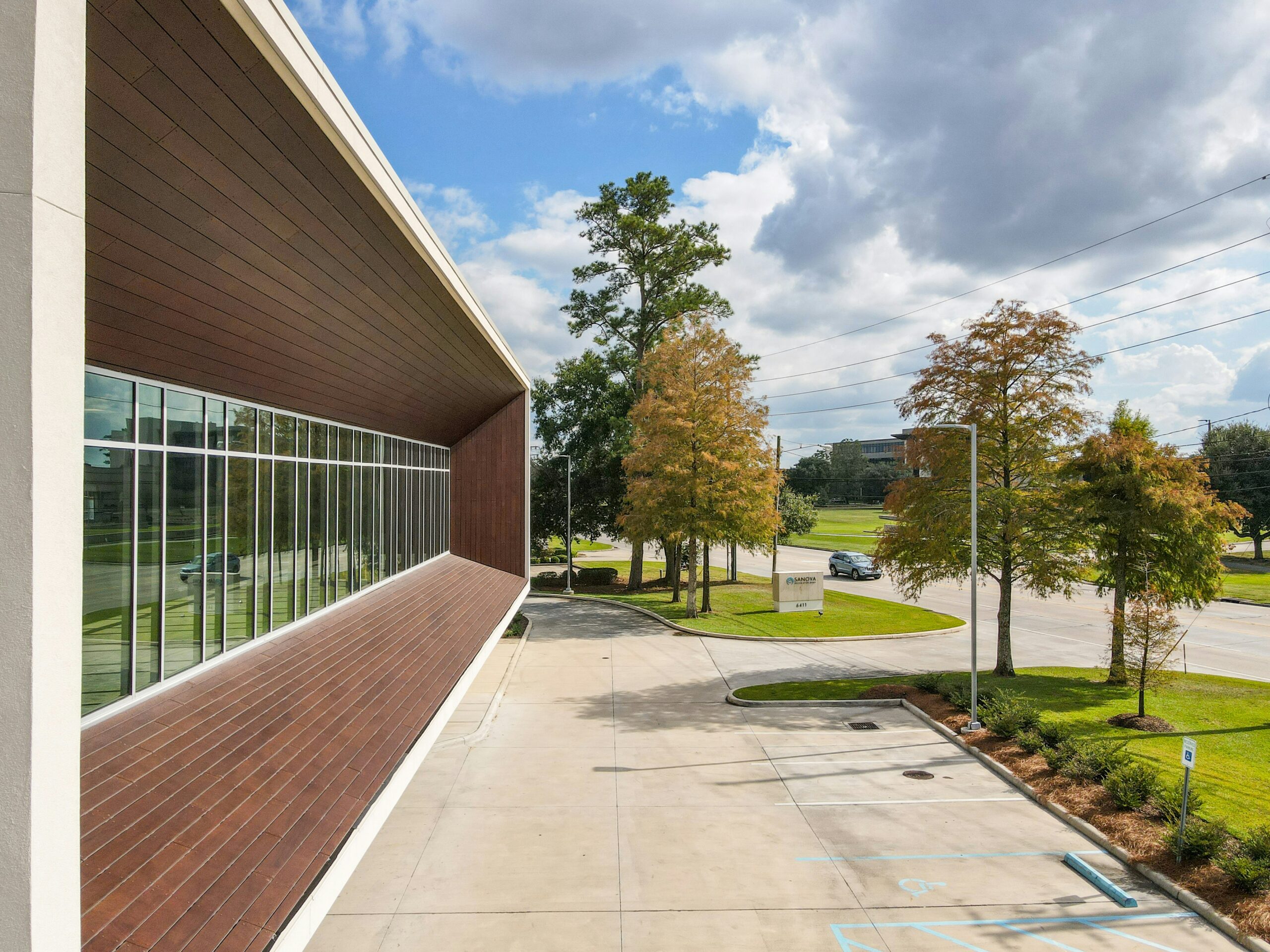Resale or New-Build?
Resale or new-build properties: Which one is right for you? Commercial investors commonly choose to purchase already-built property to rent out or use for their business. Others, however, focus on finding vacant land to accommodate new construction.
The development process of vacant land requires the right contractors and sticking to a strict budget to ensure a solid investment. For those with the time and expertise, development can bring substantial returns in commercial real estate.
Choosing the Right Building Site
Choosing the right building site is a primary factor behind the success of a commercial real estate investment. Here are a few things to consider to guarantee you select the best piece of land:
- Zoning: If the zoning isn’t correct, you won’t even be allowed to begin construction. Make sure the sites you are looking at have the proper zoning to accommodate your desired commercial building type.
- Traffic: Does the type of property you’re building need to be visible? Analyzing traffic patterns around the parcel is essential.
- Size: Each piece of land will have building size restrictions. If you’re planning to build a sprawling office complex, you need to ensure the land has space for adequate parking, walkways, etc.
- Soil Testing: Nothing is worse than buying a building site only to find poor soil conditions. Be sure to recruit a geotechnical expert to conduct the proper soil testing before purchasing.
- Utility Access: If you are looking for land in more remote locations, you need to determine the access to utilities. Significant expenses can be associated with connecting to power, water, and sewer lines.
- Construction Access: Depending on the scale of your construction, a general contractor can help you determine the access needed for machinery. Easy access to a building site can save time and money.
- Neighboring Sites: What do the neighboring sites look like? If they are already built out, make sure they will be a good fit with your new commercial property. If they are vacant, it’s crucial to understand the zoning so you know what may be built in the future.
Helping in Your Search
At Northern CO Commercial Real Estate, we take pride in helping you find the perfect building site for your next development project. If you have questions about commercial real estate, please contact Steve Longenecker and Northern Colorado Commercial Real Estate at WeBrokerCORealEstate or 720-600-9513.
We give out $250 gift cards for referrals that become our real estate clients.
Like, Share & Follow us on LinkedIn and Facebook.
#longmontcommercialrealestate #commercialrealestatebroker #northerncocommercialrealestate


